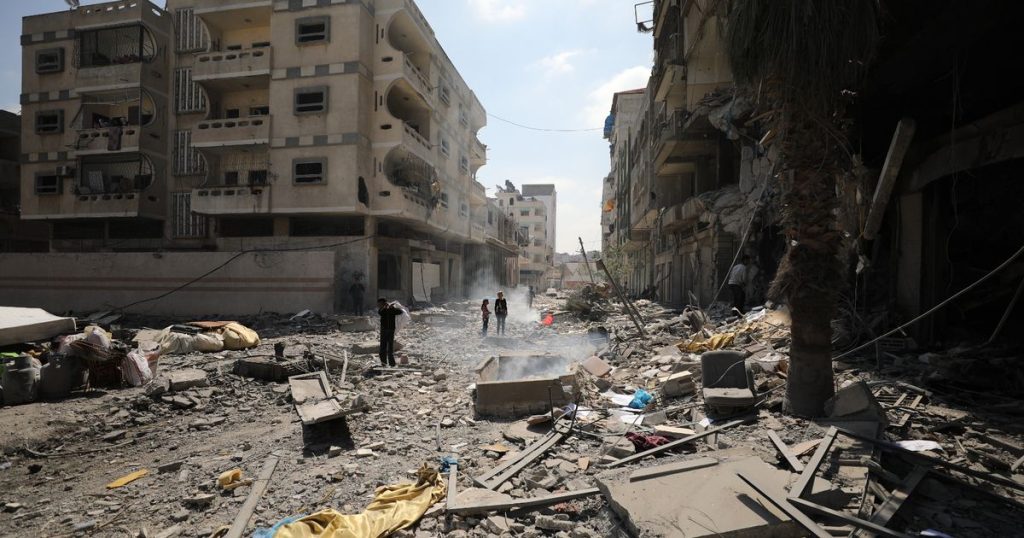RAF jets were deployed to shoot down Iranian drones over the Iraq-Syria border in response to an attack launched by Tehran on Israel, escalating tensions in the Middle East. The Royal Marines prepared for a potential evacuation mission for British citizens in the region, drawing comparisons to the heroic Dunkirk rescue during World War 2. Initial recon missions were carried out along the Lebanese border to formulate a plan in case of further escalation. Defence Secretary Grant Shapps confirmed UK readiness to assist any trapped Brits in the Middle East, as Prime Minister Rishi Sunak condemned Iran’s “reckless attack” and pledged support for Israel.
Reports suggested that RAF and US warplanes successfully intercepted Iran-bound drones, heightening the risk of all-out conflict between the two archenemies. The US vowed to support Israel in the ongoing conflict, which has reignited long-standing tensions in the region. The Ministry of Defence announced the deployment of additional RAF jets and air refuelling tankers to bolster existing operations in Iraq and Syria. The UK jets were tasked with intercepting airborne attacks within the vicinity of their existing missions as part of Operation Shader to counter threats in the region.
The situation in the Middle East continued to escalate as Iranian drones approached Israel, prompting an intense military response involving RAF jets and US warplanes. The ongoing conflict threatens to increase instability in the region and has drawn international attention towards supporting Israel against Iranian aggression. The UK government emphasized the importance of de-escalation and prevention of further attacks in partnership with regional allies. The Royal Marines remained on standby for a potential humanitarian mission to evacuate British citizens from the Middle East, as tension in the region reached critical levels.
Efforts to mitigate the conflict in the Middle East were hindered by the continued threat of Iranian drones targeting Israel, prompting a swift and coordinated military response by RAF and US forces. The deployment of additional aircraft and resources aimed to counter Iranian threats and prevent further escalation in the region. The UK’s commitment to standing up for Israel’s security and supporting regional partners highlighted a unified stance against Iranian aggression. The situation remained fluid as both sides remained on high alert, raising concerns about a potential full-scale conflict with far-reaching consequences.
The tense situation in the Middle East underscored the need for a coordinated international response to prevent further escalation and protect regional stability. The use of military assets to intercept Iranian drones highlighted the seriousness of the situation and the potential risks associated with escalating violence. As the conflict continued to unfold, diplomatic efforts aimed at de-escalation became increasingly important to avoid a larger regional crisis. The UK’s involvement in supporting Israel and regional allies demonstrated a commitment to upholding security and stability in the Middle East amidst heightened tensions and threats of conflict.


